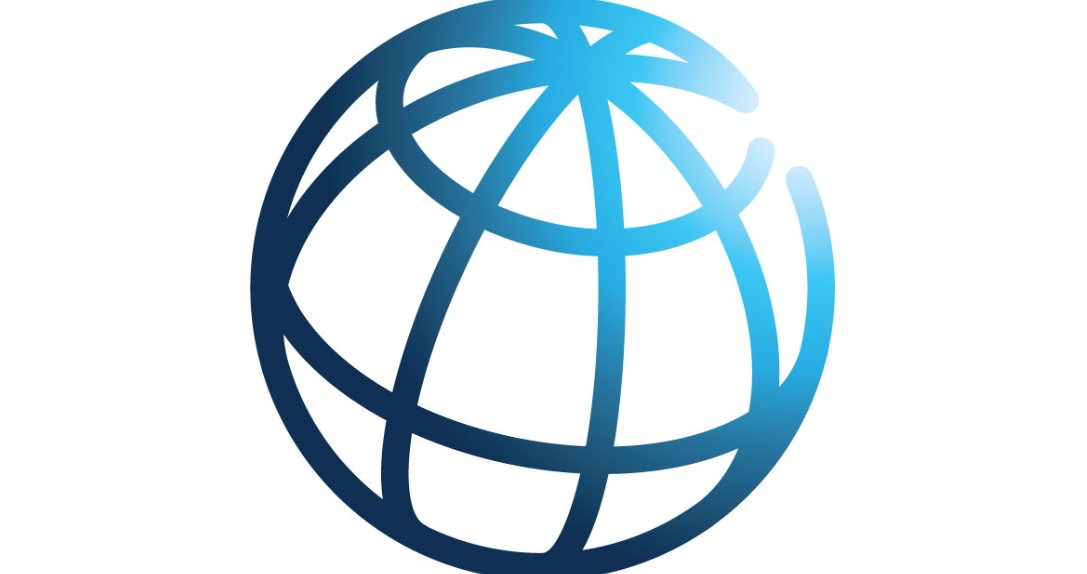Nigeria should end fuel subsidy, speed reforms to boost growth, World Bank says
Nigeria needs to end its costly petrol subsidy within the next three to six months and improve exchange-rate management to speed up reforms to boost growth, the World Bank said on Tuesday. The petrol subsidy has cost Nigeria 864 billion naira ($2.1 billion) in the first nine months of 2021, it said, up from 107 billion naira in 2020 and the highest deduction in six years, as rising oil prices increase the cost of imports.

Nigeria needs to end its costly petrol subsidy within the next three to six months and improve exchange-rate management to speed up reforms to boost growth, the World Bank said on Tuesday.
The petrol subsidy has cost Nigeria 864 billion nairas ($2.1 billion) in the first nine months of 2021, it said, up from 107 billion naira in 2020 and the highest deduction in six years, as rising oil prices increase the cost of imports. Fiscal pressures are mounting for Nigeria due to lower-than-expected revenues in the wake of the rising petrol subsidy costs, the bank said in a report, urging bold reforms to boost income.
"The Premium Motor Spirit (PMS) subsidy is eroding Nigeria's limited fiscal space to provide essential services," it said. "Aggressive reform effort could contribute more to growth than a sustained period of high oil prices." Nigeria has slipped on reforms started at the height of the coronavirus pandemic, the bank said, adding that growth rates will lag those of other emerging economies unless the reform momentum is restored.
The World Bank revised Nigeria's GDP projection to 2.4% this year, from 1.8% earlier, after the economy grew just over 4% in the third quarter, its fourth consecutive quarterly rise, following the COVID-19-induced recession in 2020. The World Bank said prospects for the economy have improved, but the recovery is fragile and urgent action is needed to reduce poverty arising from high inflation.
"Urgent priorities for the next three to six months include reducing inflation, improving exchange-rate management ... eliminating the PMS subsidy ... and improving infrastructure," the report said. The bank called for a tighter monetary policy to attract investment, saying the naira's black market premium was fuelling inflation, in addition to the central bank's financing of the government's deficit.
Nigeria's central bank has kept benchmark rates on hold for over a year, to try to support growth amid low revenues and this has hampered the government's ability to stimulate the economy. ($1 = 410.59 naira)
(This story has not been edited by Devdiscourse staff and is auto-generated from a syndicated feed.)
- READ MORE ON:
- Nigeria
- World Bank
- The World Bank










